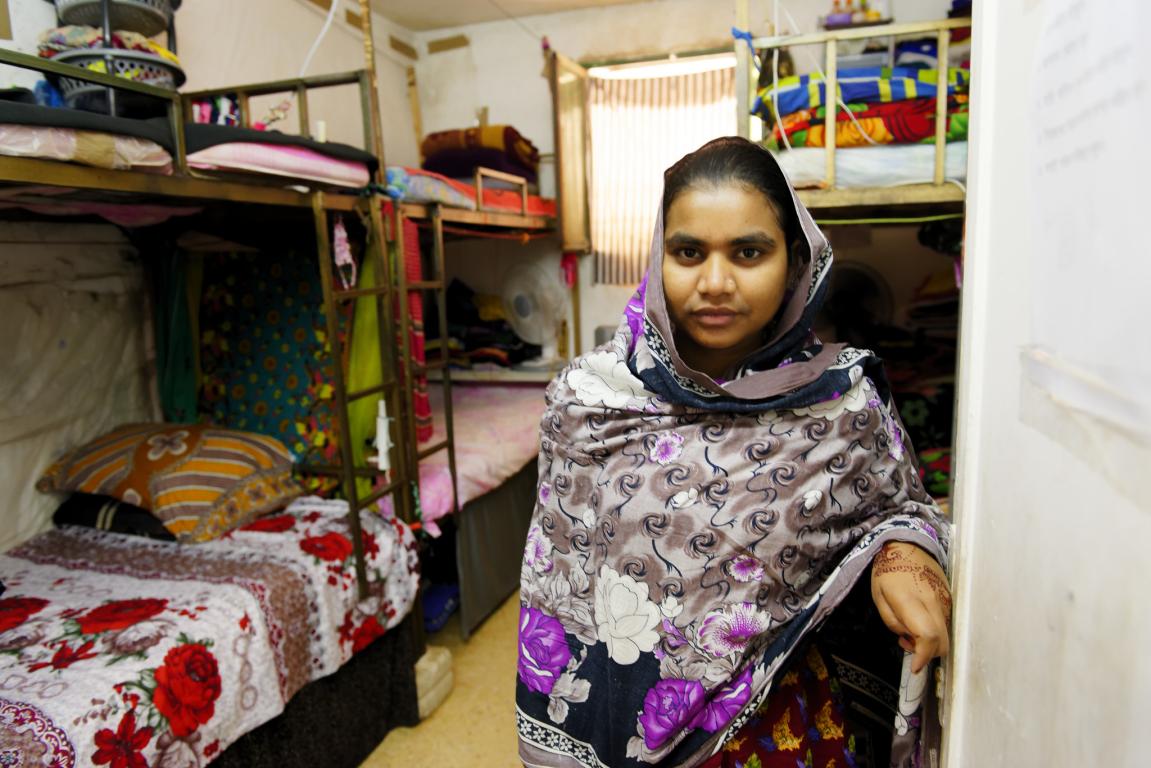Ended

The ILO Committee of Experts on the Application of Conventions and Recommendations (CEACR) has identified non-payment of wages, delayed payment of as key modern-day wage protection issues that can also lead to debt bondage and forced labour, with migrant workers being especially vulnerable. This event presents a new ILO guidance note on the protection of wages for migrant workers.
Opening remarks

Michelle Leighton
Labour Migration Branch Chief, International Labour Organization (ILO)
Presentation of the ILO guidance note on the protection of migrant workers’ wages

Katerine Landuyt
Technical Specialist, Labour Migration Branch, International Labour Organization (ILO)
Panelists

Robert Hortle
Commissioner of the Victorian Wages Inspectorate, Government of Australia

Irem Arf
Migration Policy Advisor, International Trade Union Confederation (ITUC)

Bassina Farbenblum
Founder of Migrant Justice Institute

Henriette McCool
Social Innovation and Human Rights Manager at VINCI
Closing remarks

Patrick Belser
Wage Specialist, ILO Inclusive Labour Markets, Labour Relations and Working Conditions Branch, International Labour Organization (ILO)
Moderator

Miriam Boudraa
Senior Programme Officer, International Training Centre of the ILO (ITCILO)
Dialog
Dialog